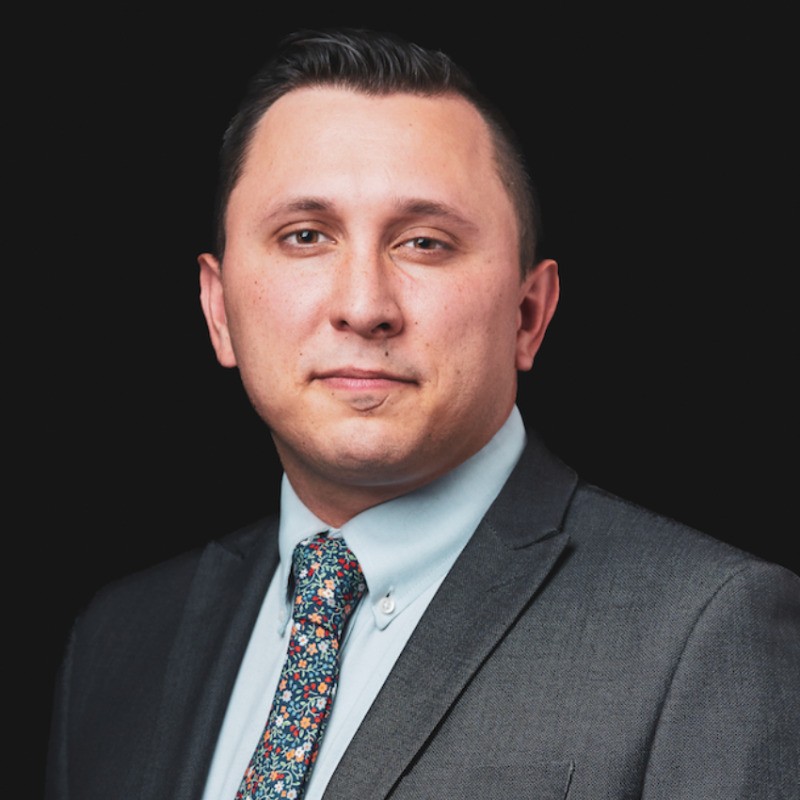(Computer) Mouse as Musical Instrument: The Legibility and Legitimacy of Disabled Musical Gestures
Dyllan Lambert Monroe & adam patrick bell
Abstract: In this paper I present the instrumental case (Stake, 2005) of Canadian composer Dyllan Lambert Monroe and his music-making processes to exemplify what Lubet (2017) frames as disabled [musical] gestures, and to consider the implications of this phenomenon for music education. Extending Hamraie’s (2017) use of legibility in their research on the history of universal design to this instrumental case, I aim to make Monroe’s primary musical gestures—mouse movements—legible by detailing and describing his compositional process with a digital audio workstation. Taken together, the “off the shelf” software combined with a specialized “accessible” mouse constitute Monroe’s musical instrument. Central to understanding Monroe’s musical gestures is recognizing them as movements with intent, directionality, and (non)linearity that occur over time to produce a sound event. Monroe’s musical gestures are demonstrative of “crip time” in the musical domain, a concept popularized by Kafer (2013), which “requires reimagining our notions of what can and should happen in time, or recognizing how expectations of ‘how long things take’ are based on very particular minds and bodies” (p. 27). Monroe’s musical gestures also exemplify Kafer’s concept of disability futurities in music with how his embodied knowledge is manifested in his compositions. His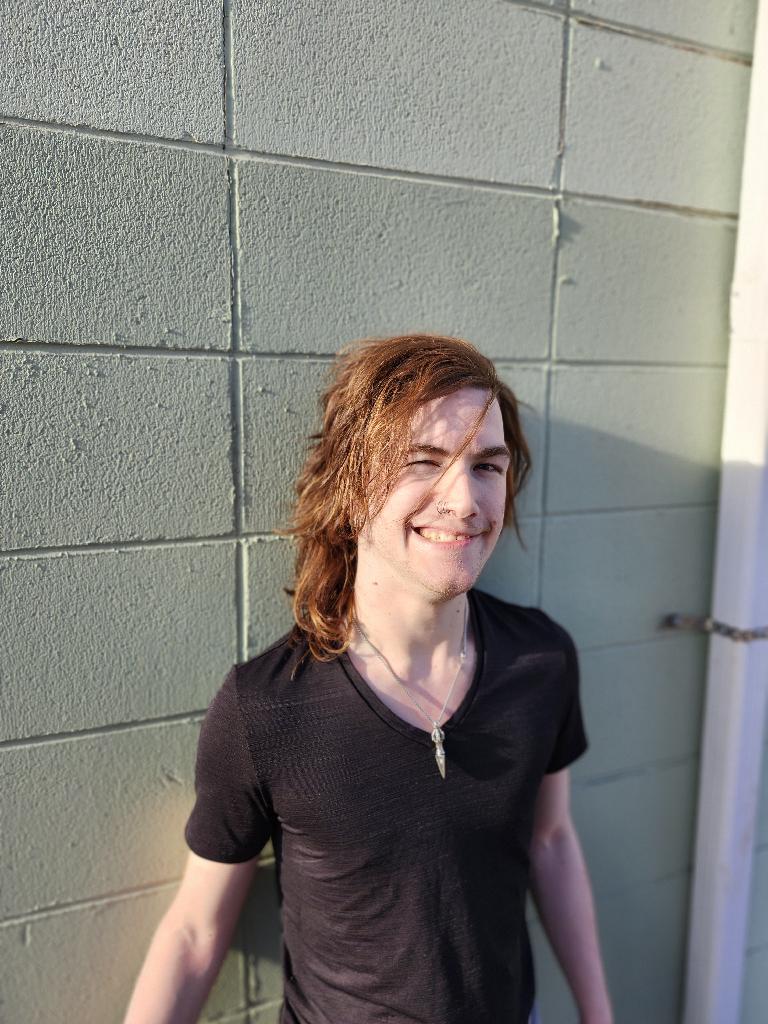 “unplayable” parts for a normal performance body (Howe, 2016), leverage the affordances of the technologies he plays, defying and “cripping” the normalized gestures associated with the majority of musical instruments.
“unplayable” parts for a normal performance body (Howe, 2016), leverage the affordances of the technologies he plays, defying and “cripping” the normalized gestures associated with the majority of musical instruments.
Bios:
Dyllan Lambert Monroe (he/she/they) is a Calgary-based composer who has fought for his right to make music and still continues that fight with academia and on social media in creative solidarity with other disabled composers. The musical kin of Aphex Twin, Dyllan’s primary method of shedding light on these issues is mixing the styles of everything from ABBA to Beethoven to Cannibal Corpse. Dyllan’s work has been supported by the Calgary Arts Development Agency, the National access Arts Centre, the University of Calgary, Toronto Metropolitan University, Western University, and York University. Dyllan hopes that music creation will grow to be more of a level playing field, not just for the disabled but for anyone with a creative inspiration. “At the end of the game, the king, queen, and pawn go back in the same box.”
box.”
adam patrick bell is Canada Research Chair in Music, Inclusion, and Accessibility and an associate professor of music education at Western University, Canada.
Afro-Constructivist Approach to Music Education
Adrian Davis
Abstract: The Eurocentric model continues its systemic dominance in music learning and teaching. For all of the trending diversity rhetoric, the philosophical approach to music education still centers the Eurocentric lens, which has historically sorted and othered people. An impactful shift in music education requires a different philosophical perspective that disrupts the singular stronghold of Eurocentrism in music education. The Afro-constructivist approach reconnects music education to the intracultural humanity and spiritual realities of a person, acknowledges the intercultural connections that exist between Afrocentrism and Eurocentrism, and fosters discourse for building relationships that allow for culturally diverse musical experiences.
 Bio: Dr. Adrian Davis is a postdoctoral fellow at the University of Minnesota, and the director of the University of Minnesota Gospel Choir. He is also the Music Program Facilitator for Minneapolis Public Schools. Currently in his 24th year music education, primarily in K-12, he has specialized in instrumental, choral, and music production. In 2018, he was nominated a Grammy nominated for Music Educator of the Year. In 2017, he was nominated finalist for Minnesota Teacher of the Year. He is an active, working musician and producer, and owns Divers Music, a music production company which he founded in 2008.
Bio: Dr. Adrian Davis is a postdoctoral fellow at the University of Minnesota, and the director of the University of Minnesota Gospel Choir. He is also the Music Program Facilitator for Minneapolis Public Schools. Currently in his 24th year music education, primarily in K-12, he has specialized in instrumental, choral, and music production. In 2018, he was nominated a Grammy nominated for Music Educator of the Year. In 2017, he was nominated finalist for Minnesota Teacher of the Year. He is an active, working musician and producer, and owns Divers Music, a music production company which he founded in 2008.
Everything is Connected: Relationships between musical actions and their contextualmeanings and values through the lens of various First Nations’ perspectives in British Columbia
Anita Prest, Hector Vazquez-Cordoba, & Hyo Jung Jung
Abstract: In this presentation, we propose that conceptions of musical actions among various First Nations in British Columbia and the worldviews that frame these actions might inform musiceducation practices. Our discussion highlights findings from a two-day conference in which over 200 Indigenous and non-Indigenous participants working in diverse contexts gathered to imagine actions to embed local First Nations ways of knowing and being in music classes.
Our analysis provides insights regarding the need to centre process over outcomes to provide students with meaningful learning experiences and to avoid cultural extractivism when interpreting musical actions of various First Nations.
Bios:
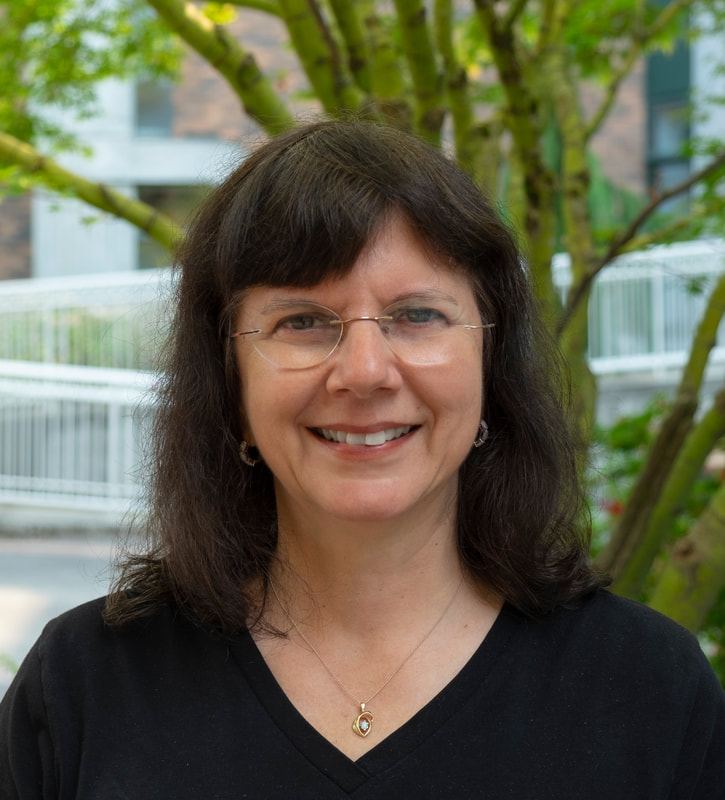 Anita Prest is Associate Professor of Music Education at the University of Victoria, Canada. Guided by multi-First Nation, Métis, and non-Indigenous partners, she conducts community-engaged studies to examine the embedding of local Indigenous knowledge, pedagogies, and worldviews in British Columbia’s public school music classes. Anita teaches undergraduate music education courses and graduate research methodology courses. She is a member of the MayDay Steering Committee, co-founder of the International Society for Music Education (ISME) Decolonizing and Indigenizing Music Education special interest group, and co-Chair of the ISME Commission on Policy: Culture, Education, and Media.
Anita Prest is Associate Professor of Music Education at the University of Victoria, Canada. Guided by multi-First Nation, Métis, and non-Indigenous partners, she conducts community-engaged studies to examine the embedding of local Indigenous knowledge, pedagogies, and worldviews in British Columbia’s public school music classes. Anita teaches undergraduate music education courses and graduate research methodology courses. She is a member of the MayDay Steering Committee, co-founder of the International Society for Music Education (ISME) Decolonizing and Indigenizing Music Education special interest group, and co-Chair of the ISME Commission on Policy: Culture, Education, and Media.
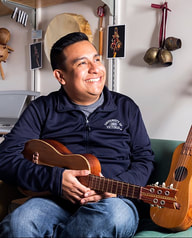
Hector Vazquez-Cordoba is originally from Naolinco, Mexico. He completed his PhD in Educational Studies at the University of Victoria. His research was supported by a Social Sciences and Humanities Research Council of Canada (SSHRC) Doctoral Fellowship, and it addressed the embedding of music with Indigenous roots into Mexico’s national elementary curriculum. Hector’s current research project envisions collaborations between teacher candidates and Indigenous culture bearers in Coast Salish Territory (Canada) and the Huasteca region (Mexico). His research is supported by a SSHRC Postdoctoral Fellowship, an ISME-SEMPRE Music Education Research Grant and Agrigento: Music for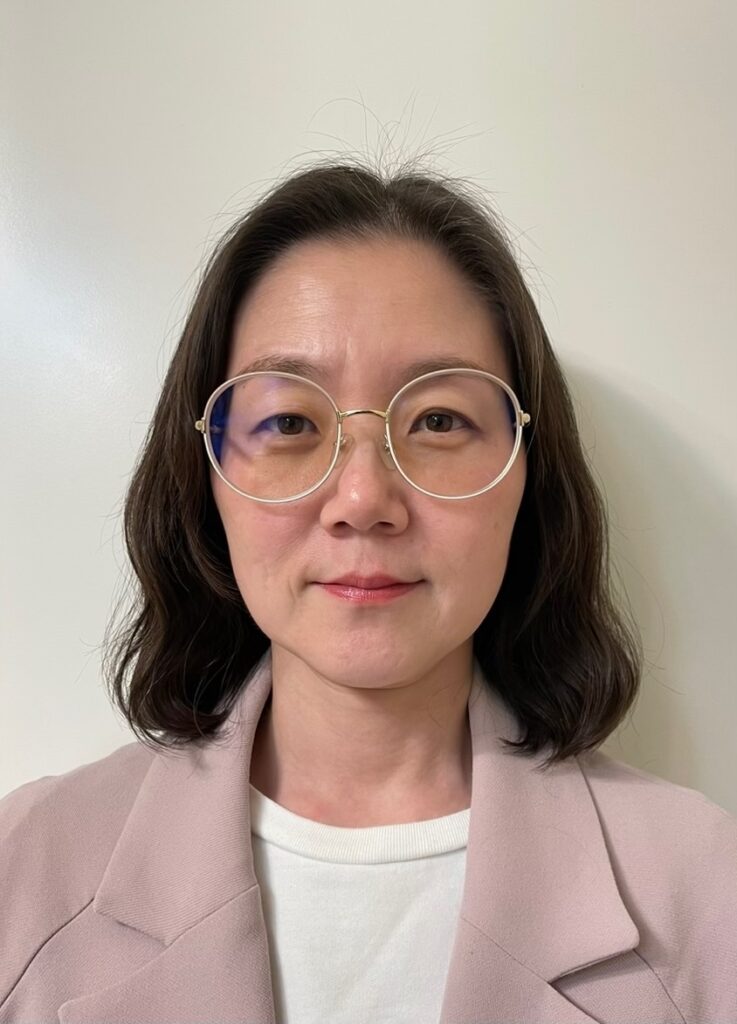 Social Change.
Social Change.
I am Hyo Jung Jung. I am a Korean citizen and a permanent resident of Canada. As a third-year Ph.D. student in Educational Studies at the University of Victoria, BC, I am working on my doctoral dissertation on immigrant music teachers’ identity and the music teacher communities sharing creative musical experiences.
Straightforward? Queering High School Show Choir
Brandon Magid
Abstract: In music education, heteronormativity (Warner, 1993) is evidenced through ensemble names (Garrett & Palkki, 2021), repertoire (Palkki, 2015), recruitment (McBride, 2017), and instrument selection (Eros, 2008). Heteronormativity—as a term—problematizes the dominant role of heterosexuality in society and indicates heterosexuality is normalized to the point of being perceived as “correct.” While the aforementioned scholars aim to reduce stereotypes and promote affirming spaces, secondary ensembles have yet to explore how artistic aims might decenter heteronormativity. The purpose of this philosophical inquiry is two-fold: to problematize heteronormative aspects of show choir competitions and to propose the possibilities of queering such practices.
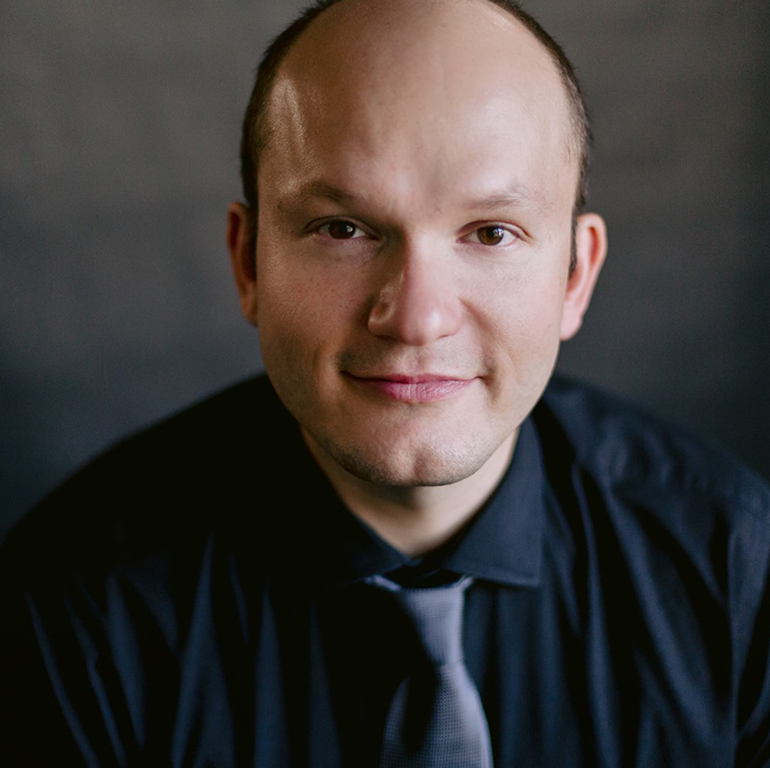 Bio: Brandon Magid (he/him/his) is a Ph.D. candidate in music education at Indiana University Jacobs School of Music, specializing in general music methodology and with a minor in choral conducting. He holds Bachelor’s degrees in music and theatre from Loyola University Chicago and a Master’s degree in music education from Indiana University. Brandon previously taught high school choir, musical theatre, and music appreciation in New York City public schools. His scholarship has been presented at the American Education Research Association, Desert Skies Symposium, Big Ten Academic Alliance, and published in Action, Criticism, and Theory for Music Education and Music Educators Journal.
Bio: Brandon Magid (he/him/his) is a Ph.D. candidate in music education at Indiana University Jacobs School of Music, specializing in general music methodology and with a minor in choral conducting. He holds Bachelor’s degrees in music and theatre from Loyola University Chicago and a Master’s degree in music education from Indiana University. Brandon previously taught high school choir, musical theatre, and music appreciation in New York City public schools. His scholarship has been presented at the American Education Research Association, Desert Skies Symposium, Big Ten Academic Alliance, and published in Action, Criticism, and Theory for Music Education and Music Educators Journal.
How might indigenous philosophies of interconnectedness inform what we do in music education?
Brent Talbot
Abstract: Like Jacques Derrida, who aimed to expose the limitations and biases of Western philosophy and theory and encouraged a more nuanced and inclusive understanding of knowledge and truth, the authors of the newly revised action ideals clearly worked to construct one that could encompass and provide space for a diverse amount of frameworks to be considered outside Western philosophy and theory. Derrida challenged the traditional binary oppositions that underpin Western philosophy, such as presence/absence, speech/writing, and nature/culture. He argued that these binaries are not fixed and mutually exclusive, but rather constantly in flux and intertwined. Derrida’s critique of Western philosophy and theory centered around the concept of logocentrism, which refers to the belief that language and reason are the ultimate sources of truth and meaning. He argued that this belief leads to a privileging of certain forms of knowledge and the marginalization of others—creating a hierarchy of knowledge that reinforces power structures and perpetuates oppression.
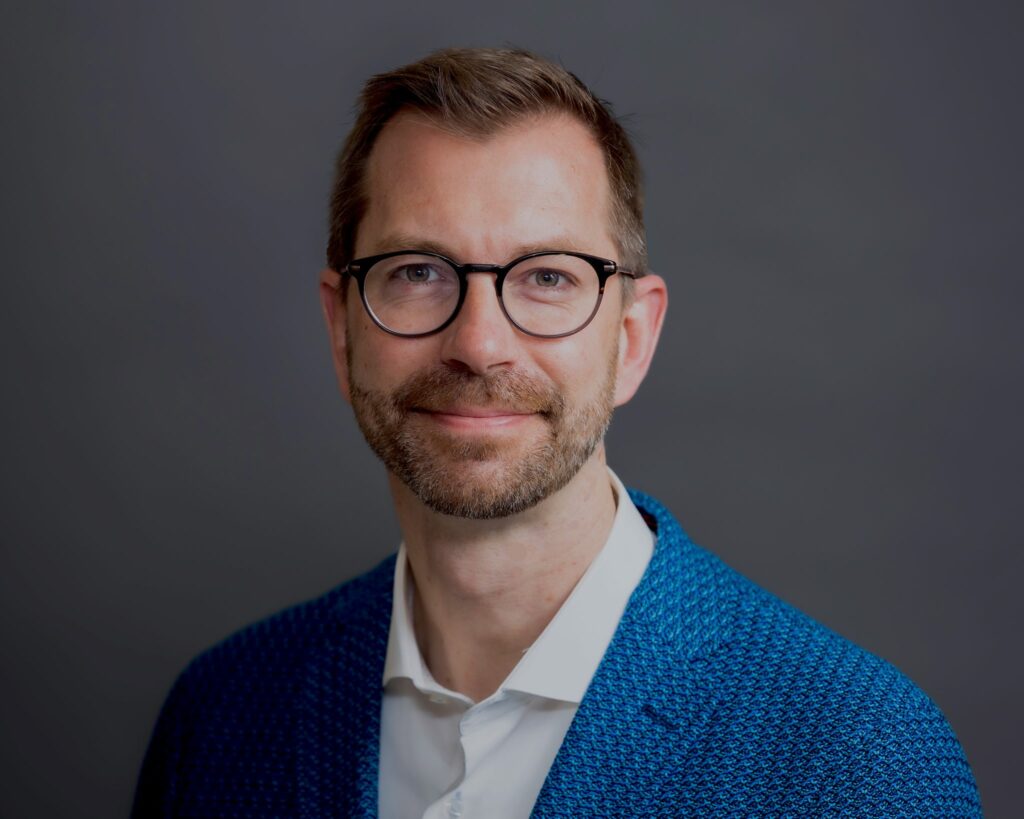 Bio: Brent C. Talbot has been a leading voice for change in the field of music education. A prolific author and frequent presenter, Talbot’s work examines power, discourse, and issues of justice in varied settings for music learning around the globe. He is the editor/author of four acclaimed books, has published over 30 articles and chapters with leading journals and publishing companies, and delivered over 150 presentations on topics that promote equity and inclusion and diversify approaches in music learning and teaching. Talbot is Professor and Head of the Department of Music at the University of Illinois Chicago. For more information, visit www.brentctalbot.com.
Bio: Brent C. Talbot has been a leading voice for change in the field of music education. A prolific author and frequent presenter, Talbot’s work examines power, discourse, and issues of justice in varied settings for music learning around the globe. He is the editor/author of four acclaimed books, has published over 30 articles and chapters with leading journals and publishing companies, and delivered over 150 presentations on topics that promote equity and inclusion and diversify approaches in music learning and teaching. Talbot is Professor and Head of the Department of Music at the University of Illinois Chicago. For more information, visit www.brentctalbot.com.
Yarning is not a metaphor: Problematising the over-reach of Yarning as an Indigenist research method in music education
Candace Kruger & Thomas Fienberg
Abstract: While scholars have engaged in rich self-reflexive discussion on the messiness and dirtiness inherent with Indigenising research, rightful caution remains on the potential to be complicit in further cultural appropriation and the silencing of Indigenous knowledge systems. This paper contributes to the conversation by examining the challenges and risks of recontextualising Yarning in Australian music education research through the voices of Candance, an Australian Indigenous scholar, Elder and songwoman, and Author 2, an Australian settler scholar. As a sceptic and proponent in dialogue, our paper reinforces the need for constant negotiation and questioning when engaging in cross-cultural research collaboration.
Bios:
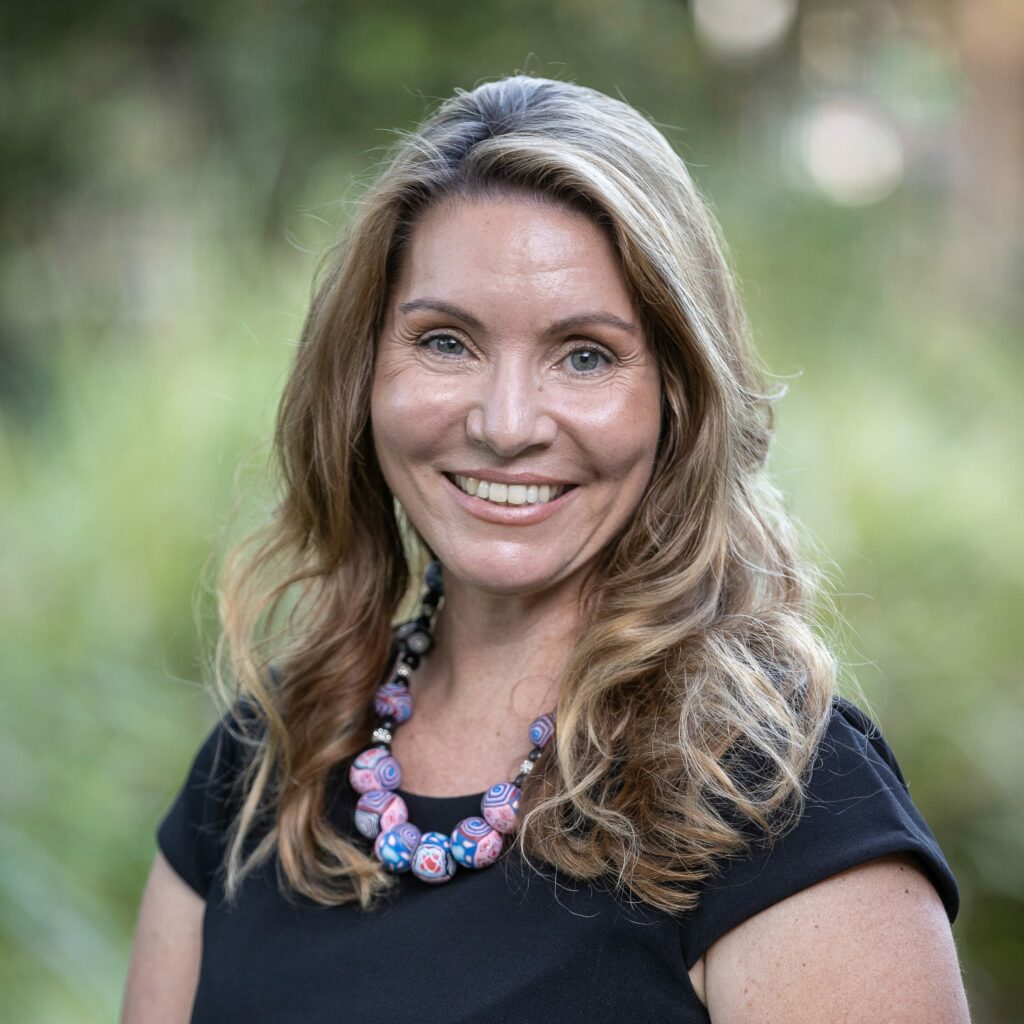 Candace is a Yugambeh yarrabilginngunn (song woman) and proud Kombumerri (Gold Coast) and Ngugi (Moreton Island) Aboriginal woman. She is an author, musician, composer, and educator, and is the founder and director of the Yugambeh Youth Choir, a south-east Queensland Indigenous language choir. Candace’s research interests are in the fields of Indigenous musicology, Indigenous knowledges, and Indigenous education. Candace co-composed ‘Morning Star and Evening Star’ for the Australian Music Examinations Board (AMEB) Online Orchestra, and her children’s book Yalgan Sun, is a woven Yugambeh and English story. Candace is a lecturer in the School of Education and Professional Studies at Griffith University.
Candace is a Yugambeh yarrabilginngunn (song woman) and proud Kombumerri (Gold Coast) and Ngugi (Moreton Island) Aboriginal woman. She is an author, musician, composer, and educator, and is the founder and director of the Yugambeh Youth Choir, a south-east Queensland Indigenous language choir. Candace’s research interests are in the fields of Indigenous musicology, Indigenous knowledges, and Indigenous education. Candace co-composed ‘Morning Star and Evening Star’ for the Australian Music Examinations Board (AMEB) Online Orchestra, and her children’s book Yalgan Sun, is a woven Yugambeh and English story. Candace is a lecturer in the School of Education and Professional Studies at Griffith University.
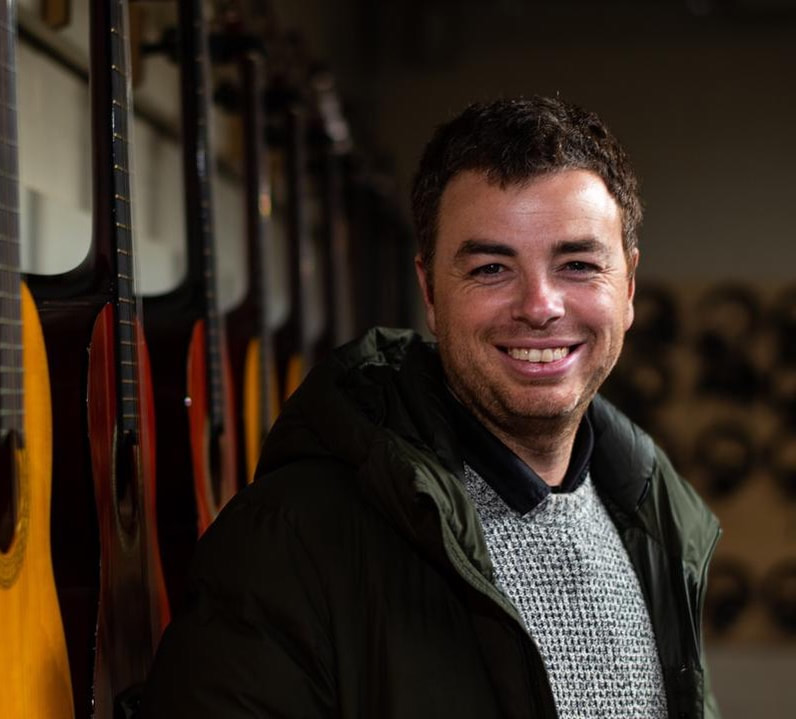 Thomas Fienberg is a lecturer in music education and Acting Associate Dean Indigenous Strategy and Services at the Sydney Conservatorium of Music, University of Sydney. His teaching and research interests include Indigenising and decolonising music education, industry and community collaboration in arts-based learning, culturally relevant pedagogy, and First Nations research methods. His research has been published in a variety of academic books and journals, including Research Studies in Music Education, Action, Criticism, and Theory for Music Education, and the Australian Journal of Music Education.
Thomas Fienberg is a lecturer in music education and Acting Associate Dean Indigenous Strategy and Services at the Sydney Conservatorium of Music, University of Sydney. His teaching and research interests include Indigenising and decolonising music education, industry and community collaboration in arts-based learning, culturally relevant pedagogy, and First Nations research methods. His research has been published in a variety of academic books and journals, including Research Studies in Music Education, Action, Criticism, and Theory for Music Education, and the Australian Journal of Music Education.
Intersectional Identities: Culturally Sustaining Pedagogy Through the Lens of Chinese American Music Education
Christy Go & Garrett Graves
Abstract: In this presentation, we examine Culturally Sustaining Pedagogy (CSP) through the lens of student and teacher experiences in Chinese American music education. While CSP can empower students by valuing their cultural heritage, its implementation has predominantly focused on certain ethnic groups, often overlooking the complex identities within Asian American communities. We explore the limitations of current CSP approaches, advocating for a more inclusive and continuously evolving understanding of CSP that considers the intersectional cultural identities of students in a pluralistic society. We call for a shift in consciousness among stakeholders to ensure CSP sustains the cultural wealth of all students.
Bios:
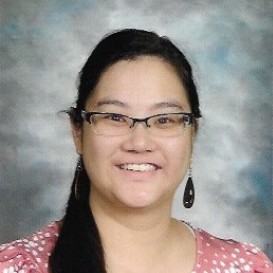 Christy Go is a current PhD student in Music Education at the University of Colorado Boulder. Prior to pursuing her doctoral studies, Christy taught K-8 general music, modern band and orchestra in Aurora, Colorado. Based on experience teaching in England and Japan, Christy has special interest in culturally responsive pedagogy, equity in music education, uplifting the voices of individuals of Asian descent in music and providing more robust resources for teaching music of East Asia.
Christy Go is a current PhD student in Music Education at the University of Colorado Boulder. Prior to pursuing her doctoral studies, Christy taught K-8 general music, modern band and orchestra in Aurora, Colorado. Based on experience teaching in England and Japan, Christy has special interest in culturally responsive pedagogy, equity in music education, uplifting the voices of individuals of Asian descent in music and providing more robust resources for teaching music of East Asia.
Garrett Graves is a music education researcher pursuing a Ph.D. at the University of Colorado. He has pursued research interests in music teacher identity development, undergraduate field experiences, outreach ensemble programs, and rural music education. His work has been presented at regional, national, and international conferences. At the university, he supervises field experiences, teaches undergraduate music education courses, and directs the Middle School Ensembles Program. Prior to his time in Colorado, Garrett taught 6th–12th grade band in rural Mississippi. He resides in Fort Collins, CO, with his partner, Tess, and their rescue animals, Billie and Murphy.
21st Century Music Education … a Religion?
Daniel J. Shevock
Abstract: Education has been hallowed by those maintaining the secular values directing the Global North as well as a revered icon being acquired in the Global South. Education is similar with religion. Both employ ritual to maintain myths. In this presentation I interpret three philosophies shaping music education systems—the utilitarian, aesthetic, and praxial—each of which have parallels to religions, noted by other scholars. I then define religion, including the historical development of medieval Christian institutions into modern secular ones. I note critical similarities and differences. Resonant with contemporary religions incorporating eco-theological statements, a fourth philosophy emerges, the ecological.
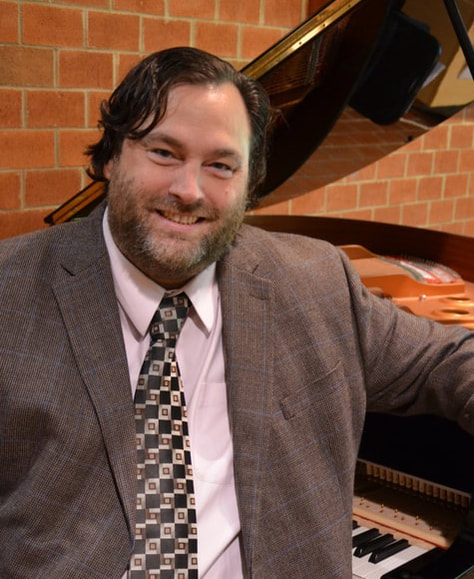 Bio: Daniel J. Shevock is a music teacher, percussionist, and philosopher living in Central Pennsylvania. He has taught music at all levels–kindergarten through university–in urban, suburban, and rural neighborhoods. Dan’s scholarship blends creativity, ecology, and history. He is the author of two monographs, has contributed many peer-reviewed articles, and chapters to edited books. Dan currently teaches at Central Mountain Middle School in Mill Hall, PA, USA. In his free time, he enjoys jogging, hiking, and gardening.
Bio: Daniel J. Shevock is a music teacher, percussionist, and philosopher living in Central Pennsylvania. He has taught music at all levels–kindergarten through university–in urban, suburban, and rural neighborhoods. Dan’s scholarship blends creativity, ecology, and history. He is the author of two monographs, has contributed many peer-reviewed articles, and chapters to edited books. Dan currently teaches at Central Mountain Middle School in Mill Hall, PA, USA. In his free time, he enjoys jogging, hiking, and gardening.
Pedagogical theories for teaching Aboriginal and Torres Strait Islander histories and cultures through music
Emily Wilson
Abstract: This paper explores problematics, possibilities and limitations of using Eurocentric pedagogical theories such as informal learning (Green, 2002) and explores some Indigenous pedagogical theories (Atkinson, 2017; Bessarab & Ng’andu, 2010; Walker et al., 2014; Sarra, 2011; Stronger Smarter Institute, 2020) that music educators might draw on when teaching Aboriginal and Torres Strait Islander histories and cultures through music. This paper focusses on the Australian context, however, the ideas discussed maybe relevant to music educators in other contexts looking to include First Nations musics in their teaching in a respectful and meaningful manner.
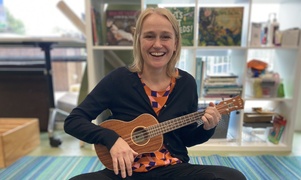 Bio: Emily Wilson is a senior lecturer and head of music education at the Faculty of Education at the University of Melbourne. Emily lectures in music education and teacher education at undergraduate and postgraduate level and for Early Childhood, Primary and Secondary pre-service teachers. She has over 20 years experience as a music educator. As a school teacher, Emily has taught classroom and instrumental music at primary and secondary schools in Australia and the UK, including Head of Department posts at secondary schools in the UK. Her research interests include student engagement, engaging teacher practices, decolonising music education, formal and informal learning in music education.
Bio: Emily Wilson is a senior lecturer and head of music education at the Faculty of Education at the University of Melbourne. Emily lectures in music education and teacher education at undergraduate and postgraduate level and for Early Childhood, Primary and Secondary pre-service teachers. She has over 20 years experience as a music educator. As a school teacher, Emily has taught classroom and instrumental music at primary and secondary schools in Australia and the UK, including Head of Department posts at secondary schools in the UK. Her research interests include student engagement, engaging teacher practices, decolonising music education, formal and informal learning in music education.
‘Oldies but Goodies’ versus Local and New: A Possible Pathway for Decolonizing Music Teaching and Learning?
Jody Stark
Abstract: In contrast to the assertion that old and enduring constitutes quality, this paper explores the possibility of a local music education informed by the cultural resources of a specific community. I argue that such an approach would have ontological and epistemological consequences and therefore could serve as a potential pathway for decolonizing music education. Beginning with reflections on the experience of co-teaching with a local powwow singer, I wrestle with what a local and contemporary music education might look like and begin to unpack the ethical, discursive, and structural challenges within such an approach.
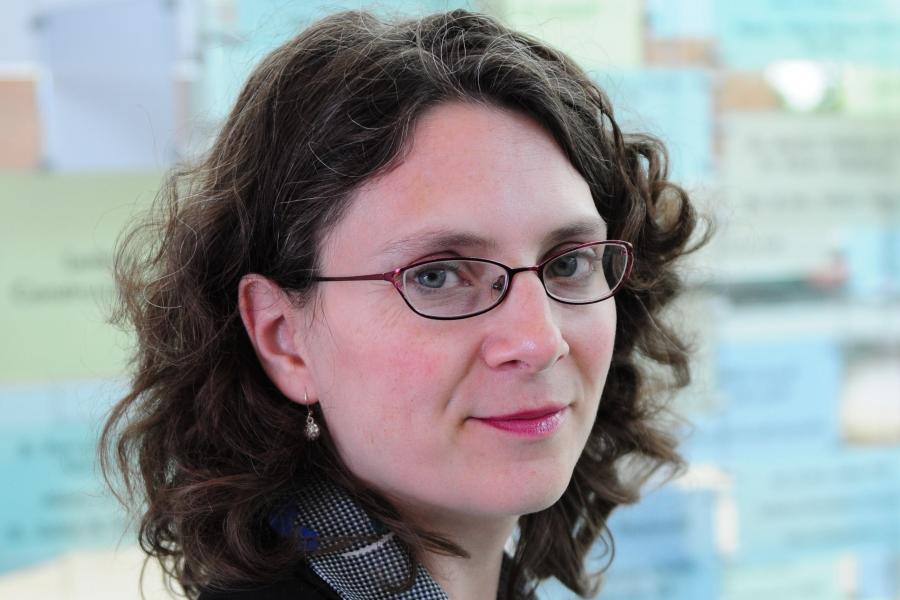 Bio: Jody Stark is an Associate Professor at the Desautels Faculty of Music (DFOM) at the University of Manitoba, Canada where she teaches pre-service music educators, non-music majors, and occasionally children. Jody serves as area head for music education at the DFOM, director of the U of M’s Orff-Schulwerk and Kodály teacher education programs, and on the board of the Kodály Society of Canada. Her current research examines barriers and pathways for decolonizing music education, processes of professional learning, and diverse epistemologies for music learning. Stark’s work has been published in ACT, Research Studies in Music Education, and Education and Culture.
Bio: Jody Stark is an Associate Professor at the Desautels Faculty of Music (DFOM) at the University of Manitoba, Canada where she teaches pre-service music educators, non-music majors, and occasionally children. Jody serves as area head for music education at the DFOM, director of the U of M’s Orff-Schulwerk and Kodály teacher education programs, and on the board of the Kodály Society of Canada. Her current research examines barriers and pathways for decolonizing music education, processes of professional learning, and diverse epistemologies for music learning. Stark’s work has been published in ACT, Research Studies in Music Education, and Education and Culture.
Just What is Mad Studies and What is it Doing in a “Nice” Field Like Music Education?
Juliet Hess
Abstract: In this paper, I discuss elements of Mad Studies in order to consider what this discursive framework might offer music education praxis. I explicitly consider what a neurodivergent and Mad lens might facilitate. Such a lens creates the conditions for understandings of Madness, distress, and neurodivergent subject positions in music education. I explicate the tenets of Mad Studies and make implications to inform praxis in music education. In seeking to embrace pluralism, our lenses in music education must extend beyond the multicultural, intercultural, cross-cultural, transcultural, and syncretic.
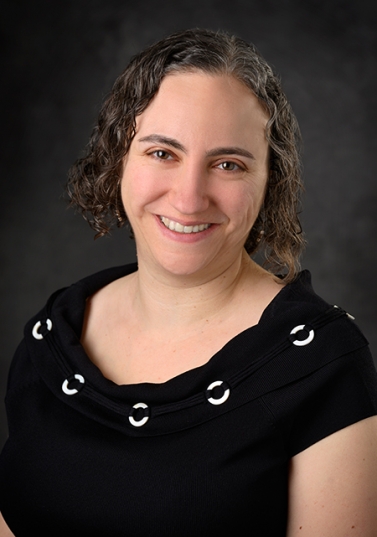 Bio: Juliet Hess is an associate professor of music education at Michigan State University, having previously taught elementary and middle school music in Toronto. Juliet received her Ph.D. in Sociology of Education from the University of Toronto. Her research interests include anti-oppression education, activism, social justice, Mad Studies, Disability Studies, and ethical issues in music education.
Bio: Juliet Hess is an associate professor of music education at Michigan State University, having previously taught elementary and middle school music in Toronto. Juliet received her Ph.D. in Sociology of Education from the University of Toronto. Her research interests include anti-oppression education, activism, social justice, Mad Studies, Disability Studies, and ethical issues in music education.
Sophrosyne as Symbolic Virtue in Music Education
Karen Howard
Abstract: In contemplation of music educators who voice support for diversification of dispositions and curricula, I problematize the incongruency between their stated beliefs and behaviors. In this philosophical essay, I will consider moderation (or sophrosyne) and its connection to music educators who choose behaviors that temper their stated commitments to diversity initiatives. These actions demote cultural and musical ways of being to a “lower class” thereby reinscribing Whiteness and maintaining power. I will apply Mayorga-Gallo’s (2014) framework of diversity ideology to common behaviors among music educators including: diversity as intent, diversity as acceptance, diversity as commodity, and diversity as liability.
 Bio: Karen Howard is Prof. of Music at University of St. Thomas. Karen is the director of Graduate Programs in Music Education and faculty fellow with the Office of Diversity, Equity, and Inclusion. Her research interests are: the impact of whiteness in education, diverse teacher dispositions, and ethnomusicology. Karen is the founder and editor of the World Music Initiative series through GIA Music. The series recognizes all music as “world” music, but this series seeks to amplify the voices and musics of underrepresented music traditions. Karen is the author of several books and studies related to the diversification of pedagogical mindsets and strategies.
Bio: Karen Howard is Prof. of Music at University of St. Thomas. Karen is the director of Graduate Programs in Music Education and faculty fellow with the Office of Diversity, Equity, and Inclusion. Her research interests are: the impact of whiteness in education, diverse teacher dispositions, and ethnomusicology. Karen is the founder and editor of the World Music Initiative series through GIA Music. The series recognizes all music as “world” music, but this series seeks to amplify the voices and musics of underrepresented music traditions. Karen is the author of several books and studies related to the diversification of pedagogical mindsets and strategies.
What Lies Beyond a Eurocentric Music Education Paradigm
Kim Friesen Wiens
Abstract: The power and privilege deeply rooted in music curricula, repertoire selections, and pedagogical practices in Canada are marginalizing an increasing number of elementary-age students. This eight-month critical participatory action research inquiries into the ways that four elementary music teachers expand their perspective and transform their pedagogy to embrace the ethnocultural and musical diversity of their students. As this is a work in progress, preliminary interpretations and reflections will be explored on the importance of critical collective communities in order for teachers to uncover and unpack their own positionality to expand and embrace the pluralism inherent in increasingly diverse music classrooms.
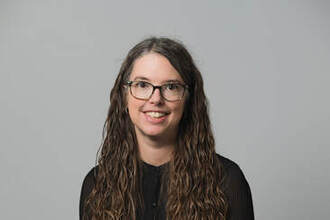 Bio: Kim is a Ph.D. candidate at the University of Alberta in elementary music education with a focus on critical pedagogy and culturally sustaining music practices. She has been teaching elementary music (pre-kindergarten through grade six) for 24 years. Kim is an Orff teacher educator for Levels II and III and Levels course director at the University of Alberta.
Bio: Kim is a Ph.D. candidate at the University of Alberta in elementary music education with a focus on critical pedagogy and culturally sustaining music practices. She has been teaching elementary music (pre-kindergarten through grade six) for 24 years. Kim is an Orff teacher educator for Levels II and III and Levels course director at the University of Alberta.
From Standardized Competitions to Musical Monopolies: Promoting More Equitable Success within Capitalism
Lauren Kapalka Richerme
Abstract: While the exploitative, inequitable nature of capitalist systems necessitates interrogation, music educators might also consider how they can contribute to the financial success of lower socioeconomic class students residing within capitalist societies. Referencing seminal capitalist theorists, Marxist scholars, and biographies of contemporary successful entrepreneurs, I argue that capitalist producers aim for monopolization rather than direct competition. Creative monopolies demand the intersection of rigorous musical skill development and unique artistic qualities. Such practices contrast both traditional large ensembles and one-off innovative music electives. Supporting lower socioeconomic class students could involve interdisciplinary endeavors, competing for song downloads, and attention to copyright processes.
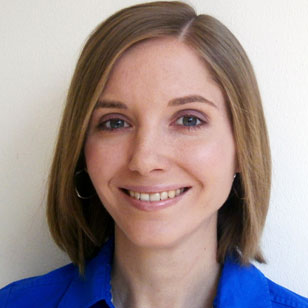 Bio: Lauren Kapalka Richerme is Associate Professor of Music Education at the Jacobs School of Music at Indiana University where she teaches undergraduate and graduate courses on philosophy, sociology, and cultural diversity as well as mentors graduate students’ research. Lauren’s publications include the philosophy book Complicating, Considering, and Connecting Music Education, the co-authored book Music Education Research: An Introduction, 24 peer reviewed articles, and five invited book chapters. Lauren currently serves as the editor for Action, Criticism, and Theory in Music Education. Prior to her university teaching, Lauren taught high school and middle school band and general music in Massachusetts.
Bio: Lauren Kapalka Richerme is Associate Professor of Music Education at the Jacobs School of Music at Indiana University where she teaches undergraduate and graduate courses on philosophy, sociology, and cultural diversity as well as mentors graduate students’ research. Lauren’s publications include the philosophy book Complicating, Considering, and Connecting Music Education, the co-authored book Music Education Research: An Introduction, 24 peer reviewed articles, and five invited book chapters. Lauren currently serves as the editor for Action, Criticism, and Theory in Music Education. Prior to her university teaching, Lauren taught high school and middle school band and general music in Massachusetts.
Unpopular Musicians and Complex Leisure Careers
Lloyd McArton
Abstract: This proposed research presentation is based on narrative ethnographic research featuring the experiences and perspectives of 24 indie musicians based in Toronto, Canada. Data
reveals tense relationships between making a living and developing a career creating original music. This phenomenon is discussed within the theoretical context of Stebbins’ serious leisure perspective, ultimately proposing the concept of complex leisure careers. With the aim of more thoughtfully accounting for the nuances and challenges associated with non-remunerative musical pursuits, these findings and analysis are discussed in conjunction with school-based learning and question the objectives of public music education.
 Bio: Lloyd (he/him) is a Canadian settler, musician, teacher, and researcher, currently appointed as Assistant Professor of Music Education at the University of Lethbridge. His research focuses on the intersecting complexities of serious leisure, musicianship, and public education, with an aim to investigate variance in opportunities for musical learning, and devise solutions to those discrepancies. Outside of academia, Lloyd creates music as a DIY-focused musician and educator. Prior to his appointment at the University of Lethbridge, he taught music in Montessori schools as well as courses in music education, musicianship, and popular music at the University of Toronto.
Bio: Lloyd (he/him) is a Canadian settler, musician, teacher, and researcher, currently appointed as Assistant Professor of Music Education at the University of Lethbridge. His research focuses on the intersecting complexities of serious leisure, musicianship, and public education, with an aim to investigate variance in opportunities for musical learning, and devise solutions to those discrepancies. Outside of academia, Lloyd creates music as a DIY-focused musician and educator. Prior to his appointment at the University of Lethbridge, he taught music in Montessori schools as well as courses in music education, musicianship, and popular music at the University of Toronto.
Music Education and Its Moral Economy of Death
Nasim Niknafs
Abstract: In this presentation, I pose questions concerning how different institutional musical practices and communities govern, grapple or come to terms with literal and metaphorical dead bodies, dying educational and cultural programs and geographies, and disappearing memories. I theoretically treat the concept of “moral economy” within music education scholarship to engage with its deathful forces and over-worn structures. To counteract the paucity of life and liveliness within music education sphere, I offer grounds for a new moral economy premised upon affective practices that are entrenched in one’s daily living but is usually overlooked in the teleological narratives of music education rhetoric.
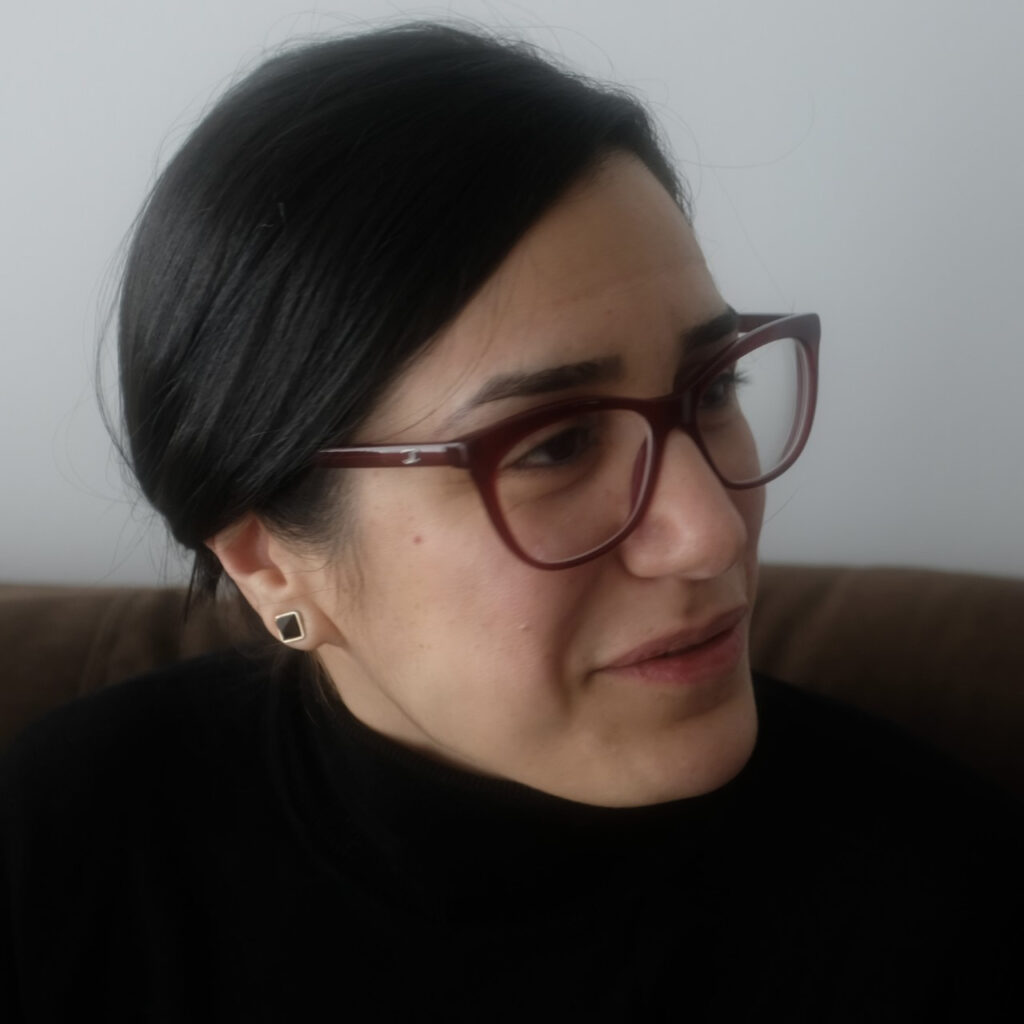 Bio: Nasim Niknafs is Associate Professor of Music Education at the Faculty of Music, University of Toronto where she also serves as the Associate Dean, Research and Coordinator of Music Education. Her interdisciplinary research concerns philosophy and cultural politics of contemporary music education intersecting with collective action, anarchism, popular music and improvisation. Nasim is the editor of the special issue of Anti-Racism, Anti-Fascism, and Anti-Discrimination in and through Music Education for the ACT journal, and co-editor of the edited volume, Traumas resisted and (re)engaged: Inquiring into lost and found narratives in music education.
Bio: Nasim Niknafs is Associate Professor of Music Education at the Faculty of Music, University of Toronto where she also serves as the Associate Dean, Research and Coordinator of Music Education. Her interdisciplinary research concerns philosophy and cultural politics of contemporary music education intersecting with collective action, anarchism, popular music and improvisation. Nasim is the editor of the special issue of Anti-Racism, Anti-Fascism, and Anti-Discrimination in and through Music Education for the ACT journal, and co-editor of the edited volume, Traumas resisted and (re)engaged: Inquiring into lost and found narratives in music education.
Black Teachers, White Music: A Case for Black Music Education
Paul Hunt
Abstract: Music education philosophy has addressed issues of whiteness and racism in school music by encouraging discussions of race, critiquing Eurocentric musical practices, and identifying instances of institutional racism in higher education. Yet, discussions of epistemologies do not capture the depths of antiblackness in music education. Utilizing Fanon’s conceptualization of Blackness and colonization, I problematize multicentric music curriculums as missing the ways in which Eurocentric musical ideals form in opposition to Black American music. I then propose a Black American music teacher preparation track, where the essential Black American music traits of syncopation, improvisation, and call-response create a unique music classroom.
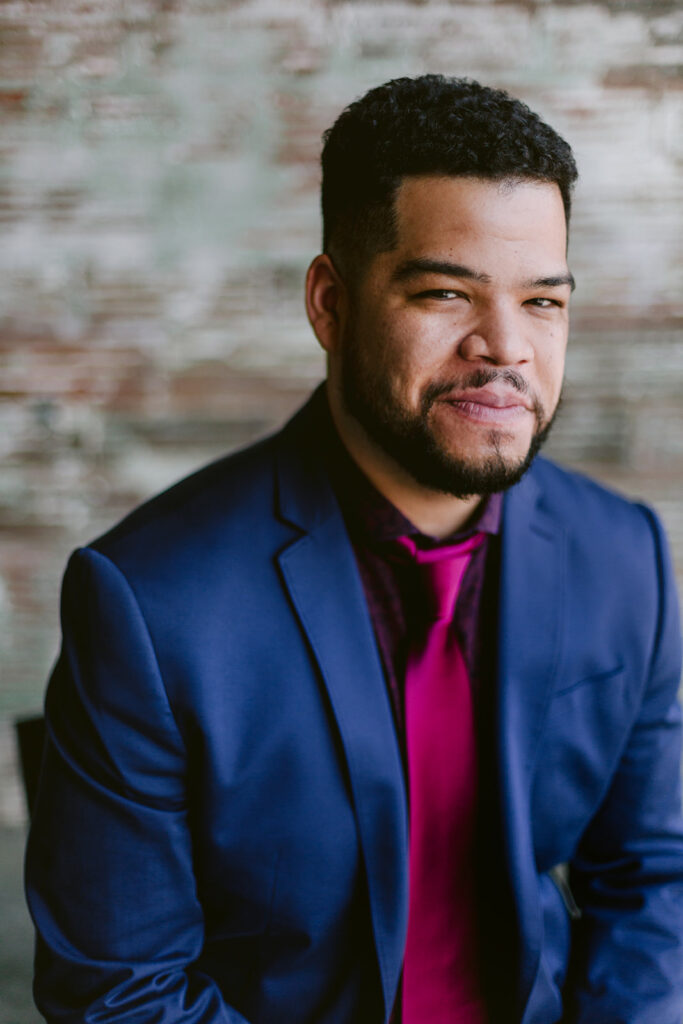 Bio: Paul Hunt is an Associate Instructor and PhD student in music education at Indiana University’s Jacobs School of Music, where he teaches Brass instrumental Techniques. Paul holds a Bachelor of Arts in Music from Butler University, with an emphasis in Trumpet Performance and a concentration in Jazz Studies, as well as a Master of Science in Music Education from Indiana University. Before pursuing doctoral work in music education, Paul was a professional trumpeter and middle school band director in Indianapolis, Indiana. His current research interests include antiblackness in music education, Black American music, and jazz pedagogy.
Bio: Paul Hunt is an Associate Instructor and PhD student in music education at Indiana University’s Jacobs School of Music, where he teaches Brass instrumental Techniques. Paul holds a Bachelor of Arts in Music from Butler University, with an emphasis in Trumpet Performance and a concentration in Jazz Studies, as well as a Master of Science in Music Education from Indiana University. Before pursuing doctoral work in music education, Paul was a professional trumpeter and middle school band director in Indianapolis, Indiana. His current research interests include antiblackness in music education, Black American music, and jazz pedagogy.
Entangled identities of musician-teachers in Southeast Asia: locating the teacher subject through a posthuman lens
Ryan Lewis
Abstract: Working with critical posthumanism, this provocation reconsiders the educative roles of musician-teachers and from where the teacher subject emerges. This is problematised within the unregulated space of music studio teaching in Southeast Asia, where this work is often approached out of necessity and conditioned by colonising, neoliberal logics. Reconceptualising identity not as fixed states to be measured and represented, but rather non-linear, processual, and potentially indeterminate, a relational ontology dissolves the dualistic thinking that underpins much existing research. Barad’s theory of agential realism provides an onto-epistemological shift that troubles relations of power, affording a renewed standpoint for future identity work.
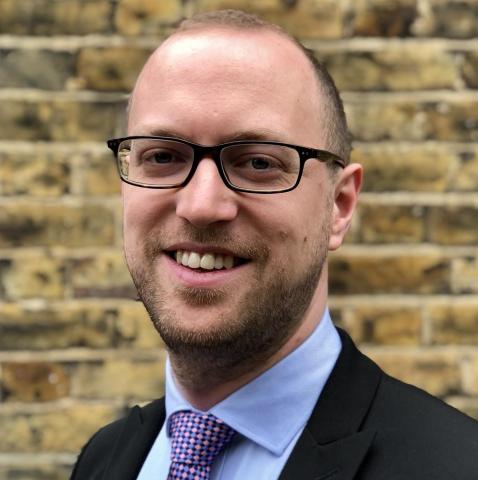 Bio: Ryan is a pianist, examiner, and music educator from the UK. He spent over 11 years working across Asia in various music education leadership roles, supporting the working lives of numerous music studio teachers, including the curation of regular music teacher conferences and professional support programmes. He is currently a PhD candidate at the Faculty of Education, University of Melbourne in Australia, putting to work posthuman theories to differently conceptualise the professional identities of musician-teachers. To support this, Ryan was selected to attend Rosi Braidotti’s Intersectional Posthumanities course at the 2023 Utrecht University Summer School in The Netherlands.
Bio: Ryan is a pianist, examiner, and music educator from the UK. He spent over 11 years working across Asia in various music education leadership roles, supporting the working lives of numerous music studio teachers, including the curation of regular music teacher conferences and professional support programmes. He is currently a PhD candidate at the Faculty of Education, University of Melbourne in Australia, putting to work posthuman theories to differently conceptualise the professional identities of musician-teachers. To support this, Ryan was selected to attend Rosi Braidotti’s Intersectional Posthumanities course at the 2023 Utrecht University Summer School in The Netherlands.
Deconstructing Binaries, Constructing Futurities: World-Building in Music Education
Saleel Menon, Lorenzo Sánchez-Gatt, & Juliet Hess
Abstract: We explore structural feminism theorized by BIPOC women scholars and deconstruct the binaries inherent in music education in order to engage in world-building toward transformation. Employing this theory as a tool toward world-building not only unsettles current extant structures but also provides an opportunity for reflexivity about positionality. We also consider the potential for extractivism through the use of this theory toward equity and engage with this possibility. Ultimately, we identify binaries prevalent in music education such as conductor/audience, master-apprentice/audidactic, formal/informal, literacy/aurality, deconstruct them, and engage in world-building toward an intersectional structural feminist music education.
Bios:
 Saleel Adarkar Menon is a Ph.D. student in Music Education at Michigan State University where he was awarded his Masters degree in Choral Conducting. He has a Bachelor of Music from the University of Houston. Saleel co-authored an article published in 2019 in the Music Educator Journal on popular music which was recently awarded one of the journal’s “most read” articles. His research interests include intergenerational music making, experiences of first generation Americans, and Indian music epistemologies. Saleel has presented nationally and internationally on a variety of topics related to music literacy, choral music, and play-based learning
Saleel Adarkar Menon is a Ph.D. student in Music Education at Michigan State University where he was awarded his Masters degree in Choral Conducting. He has a Bachelor of Music from the University of Houston. Saleel co-authored an article published in 2019 in the Music Educator Journal on popular music which was recently awarded one of the journal’s “most read” articles. His research interests include intergenerational music making, experiences of first generation Americans, and Indian music epistemologies. Saleel has presented nationally and internationally on a variety of topics related to music literacy, choral music, and play-based learning
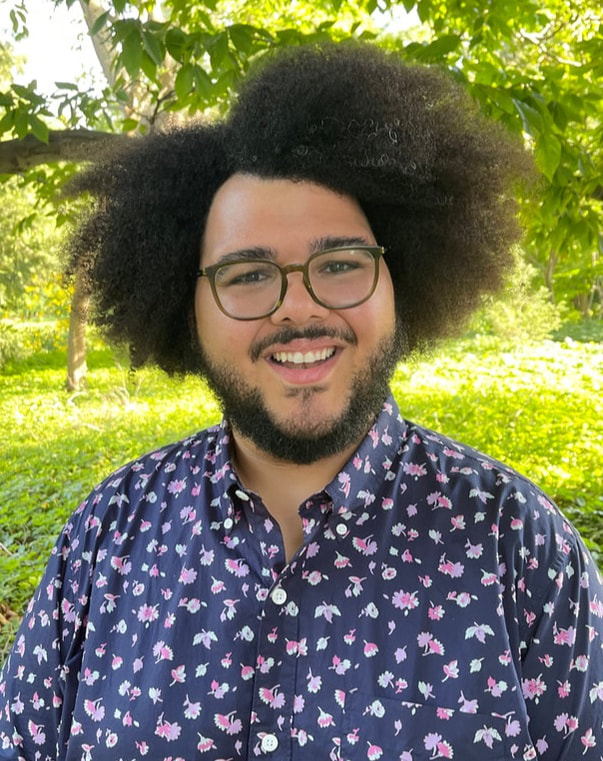 Lorenzo Sánchez-Gatt is a PhD candidate at Michigan State University. Prior to their studies at Michigan State University, Lorenzo held a position teaching elementary and middle school orchestra, guitar, and music appreciation.
Lorenzo Sánchez-Gatt is a PhD candidate at Michigan State University. Prior to their studies at Michigan State University, Lorenzo held a position teaching elementary and middle school orchestra, guitar, and music appreciation.
Lorenzo has been selected to present scholarship at the American Educational Research Association, National Association for Music Education, Critical Race Studies in Education Association, MayDay Group, and various state conferences.
Lorenzo’s interests as a scholar-activist include anti-oppressive education, centering Black and Latine experiences, Afrofuturism, and Critical Race Theory in music education. Lorenzo’s interests were shaped by navigating being a student, performer, and educator as a queer Afro-Latiné person.
 Juliet Hess is an associate professor of music education at Michigan State University, having previously taught elementary and middle school music in Toronto. Juliet received her Ph.D. in Sociology of Education from the University of Toronto. Her research interests include anti-oppression education, activism, social justice, Mad Studies, Disability Studies, and ethical issues in music education.
Juliet Hess is an associate professor of music education at Michigan State University, having previously taught elementary and middle school music in Toronto. Juliet received her Ph.D. in Sociology of Education from the University of Toronto. Her research interests include anti-oppression education, activism, social justice, Mad Studies, Disability Studies, and ethical issues in music education.
On the potential of adopting an epistemology-informed approach to music instruction
J. Scott Goble
Abstract: In this paper, I will briefly recount the historical turns that brought the MayDay Group to making “understand[ing] of the relationship(s) between musical actions and their contextual meanings and values” a priority in its action ideals. Next, I will demonstrate the potential of adopting an epistemology-informed approach to music instruction in music education in contemporary democratic nations, citing data on the increasing cultural diversity of schools in some of those nations including specific cases of cultural challenges, and considering recommendations of scholars whose theoretical writings have advanced or implied approaches to epistemologically informed instruction in music education, including Westerlund (2003), Barton (2018), and Robinson (2020). Finally, I will suggest strategies for carrying out epistemology-informed music instruction in K-12 schools and suggest how the preparation of music teachers for K-12 schools will need to change to support such instruction.
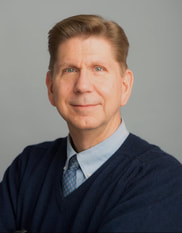 Bio: J. Scott Goble is Associate Professor of Music Education at the University of British Columbia, where he teaches graduate and undergraduate courses and supervises work of M.Ed., M.A., and Ph.D. students. A specialist in vocal/choral music and philosophy of music education, his current research focuses on Indigenous knowledge and musical practices. His book What’s So Important About Music Education? is published by Routledge, and he recently concluded a five-year term as Co-Editor of the online, open-access journal Action, Criticism, and Theory for Music Education (ACT).
Bio: J. Scott Goble is Associate Professor of Music Education at the University of British Columbia, where he teaches graduate and undergraduate courses and supervises work of M.Ed., M.A., and Ph.D. students. A specialist in vocal/choral music and philosophy of music education, his current research focuses on Indigenous knowledge and musical practices. His book What’s So Important About Music Education? is published by Routledge, and he recently concluded a five-year term as Co-Editor of the online, open-access journal Action, Criticism, and Theory for Music Education (ACT).
Nipîy (Water Song): Nêhiyaw Knowledge Epistemology in Artistic Relationships and Music Education
Sherryl Sewepagaham & Danielle Sirek
Abstract: We are Indigenous and non-Indigenous music educator-musician-researchers currently engaged in a longitudinal interdisciplinary creative research project. In this research we explore Indigenous/settler artistic relationships; and pedagogical reframing of artistic collaboration in relationship, to inform music education meanings and values. In Phase 1, we explored Indigenization of music education and decolonization of choral practice. In Phase 2, we engaged in creative collaboration. Data collection consisted of three 2-hour storying sessions on zoom between Author 1 and Author 2. We ground our analysis in “Nêhiyaw knowledge epistemology” (Kovach, 2021) and the 4 Rs––respect, relevance, reciprocity, responsibility (Kirkness & Barnhardt, 1991).
Bios:
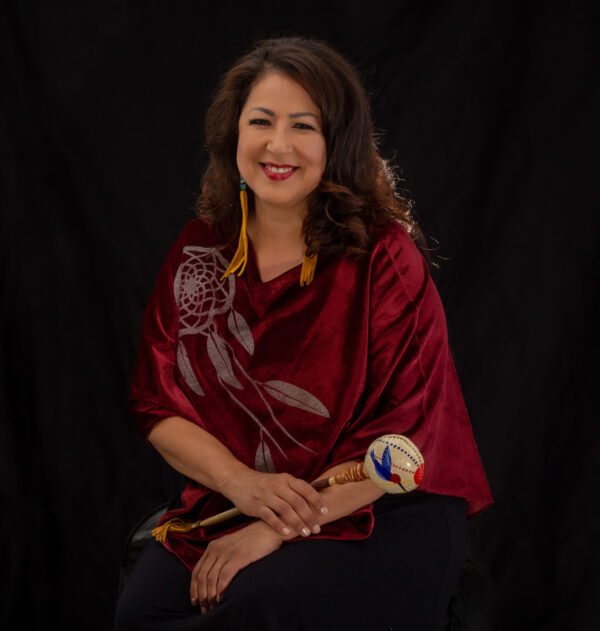 Sherryl Sewepagaham is Cree-Dene from the Little Red River Cree Nation in Northern Alberta. She centers her research on decolonization, integrating Cree language, pedagogy, and musical traditions within music education, choral composition, and her artistic endeavours. As a member of the 2006 Juno-nominated trio Asani, they have achieved international recognition, toured extensively, and released two award-winning albums. Currently pursuing a PhD in ethnomusicology, Sewepagaham’s focus lies on Cree song practices and language revitalization. Her advocacy extends to supporting Cree language preservation in both academic research and community engagement. Sherryl is a proud recipient of a 2024 Vanier Canada Graduate Scholarship.
Sherryl Sewepagaham is Cree-Dene from the Little Red River Cree Nation in Northern Alberta. She centers her research on decolonization, integrating Cree language, pedagogy, and musical traditions within music education, choral composition, and her artistic endeavours. As a member of the 2006 Juno-nominated trio Asani, they have achieved international recognition, toured extensively, and released two award-winning albums. Currently pursuing a PhD in ethnomusicology, Sewepagaham’s focus lies on Cree song practices and language revitalization. Her advocacy extends to supporting Cree language preservation in both academic research and community engagement. Sherryl is a proud recipient of a 2024 Vanier Canada Graduate Scholarship.
 Danielle Sirek is Assistant Professor of Arts Education at Western University, Canada. Her program of research is primarily focused on arts teacher education; sociology of music education; and intersections between music education and ethnomusicology. Her research is published in journals such as International Journal of Education & the Arts, International Journal for Music Education, and Action, Criticism, and Theory for Music Education. Danielle has served on the MDG Steering Committee since 2016 and is Editor of the MDG journal TOPICS. In addition to her scholarly work, Dr. Sirek sings professionally with the JUNO-nominated Canadian Chamber Choir; and is engaged in community arts.
Danielle Sirek is Assistant Professor of Arts Education at Western University, Canada. Her program of research is primarily focused on arts teacher education; sociology of music education; and intersections between music education and ethnomusicology. Her research is published in journals such as International Journal of Education & the Arts, International Journal for Music Education, and Action, Criticism, and Theory for Music Education. Danielle has served on the MDG Steering Committee since 2016 and is Editor of the MDG journal TOPICS. In addition to her scholarly work, Dr. Sirek sings professionally with the JUNO-nominated Canadian Chamber Choir; and is engaged in community arts.
A Down to Earth Philosophy for Music Education
Vincent Bates
Abstract: This presentation is intended to bring philosophy in music education back down to earth by situating musicking as an event or action that grows from the ground instead of emanating “from on high.” Music and musicking are understood as occurrences throughout the full spectrum of geophony, biophony, and anthrophony. Human musical creativity, in addition to being fully contextualized within more-than-human environments, originates in the everyday xperiences of subordinated groups and in real (non-virtual) geographical places. In this sense, a down to earth philosophy can potentially work to reverse taken-for-granted rationalities that center elite and dominant people, practices, and perspectives.”
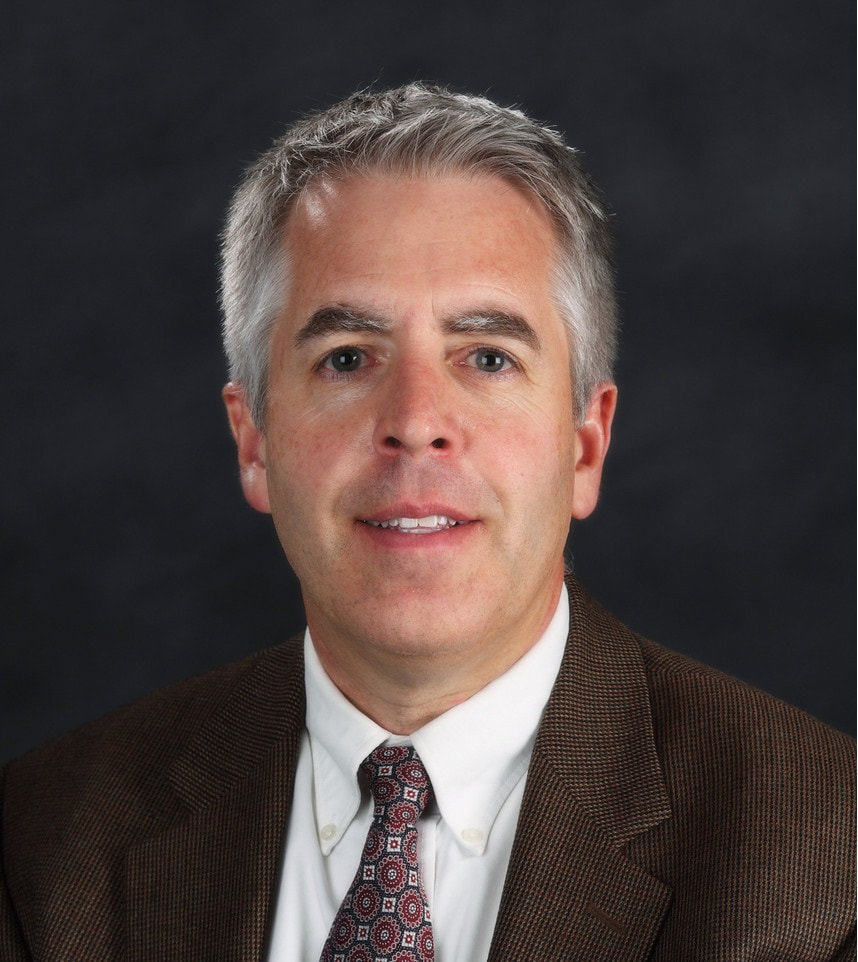 Bio: Vincent Bates has earned degrees from Brigham Young University (BME, MM) and the University of Arizona (PhD). He serves in the teacher education department at Weber State University. Previously, he taught horn and general music methods at Northwest Missouri State University and K-12 music and art in Eureka, Utah. He is chair of the Weber State University Storytelling Festival; production editor for Action, Criticism, and Theory in Music Education; director of the Weber Snow Music Licensure Program; and chair of the Utah Music Educators Association DEI Committee. Vincent performs regularly with the Wasatch Alhorns and plays the organ at church.
Bio: Vincent Bates has earned degrees from Brigham Young University (BME, MM) and the University of Arizona (PhD). He serves in the teacher education department at Weber State University. Previously, he taught horn and general music methods at Northwest Missouri State University and K-12 music and art in Eureka, Utah. He is chair of the Weber State University Storytelling Festival; production editor for Action, Criticism, and Theory in Music Education; director of the Weber Snow Music Licensure Program; and chair of the Utah Music Educators Association DEI Committee. Vincent performs regularly with the Wasatch Alhorns and plays the organ at church.
Suburbanormativity in Music Education
Whitney Mayo
Abstract: Rural and urban spaces remain at the periphery of music education discourses. When included, they are often placed in comparison with one another or highlighted as a specific locale characteristic, with suburban schools the assumed norm. Currently, no term addresses the normalization of inherent suburban ideals. Fulkerson and Thomas (2013) coined the term urbanormative to describe the biases and normalization of progressive qualities. Yet it is not urbanormativity, but suburbanormativity, being enacted in music education, where rural and urban music programs are equally (yet differently) disadvantaged. Suburbanormativity identifies the assumptions embedded within music education curriculum, representation, scholarship, and teacher preparation.
 Bio: Dr. Whitney Mayo, assistant professor of music education at the University of North Dakota, has nine years of early childhood and elementary teaching experience in public and community music school settings. Her work focuses on early childhood and elementary music, rural music education, and equity of access to music. She teaches undergraduate and graduate music education courses. Her work has been published in journals including the International Journal for Music Education, International Journal of Music in Early Childhood, UPDATE, Music Education Research, and Arts Education Policy Review. She has presented at numerous state, national, and international conferences.
Bio: Dr. Whitney Mayo, assistant professor of music education at the University of North Dakota, has nine years of early childhood and elementary teaching experience in public and community music school settings. Her work focuses on early childhood and elementary music, rural music education, and equity of access to music. She teaches undergraduate and graduate music education courses. Her work has been published in journals including the International Journal for Music Education, International Journal of Music in Early Childhood, UPDATE, Music Education Research, and Arts Education Policy Review. She has presented at numerous state, national, and international conferences.
Harmonizing Self and Skill: Reflective Practice and Subjectification in Violin Learning
Xiao Dong
Abstract: This study, grounded in Gert Biesta's theory of subjectification, investigates the development of student subject-ness in music education. Employing action research and case study methods, it explores how musical engagement and reflective practices shape individual subject-ness. Data from one-on-one violin lessons, structured journaling, and dialogues provide insights into subjectification. Preliminary results show enhanced self-perception and agency among students, suggesting the effectiveness of this approach in fostering subjectification. These findings emphasize the importance of integrating practical instruction with reflective practices to cultivate well-rounded musicians, offering innovative teaching strategies that nurture musical skills and personal growth.
 Bio: As a Ph.D. candidate at Western University, I interwine the roles of violinist, educator and scholar. My research interest is the development of metacognition and subjectification within music educational contexts. At the heart of my teaching philosophy lies the belief that true musical education transcends mere acquisition of knowledge and skills. Instead, it should foster a journey of self-discovery, encouraging learners to self-regulate and find their place within society. This approach ensures that education is not only about acquiring knowledge but also about inspiring transformational growth in students.
Bio: As a Ph.D. candidate at Western University, I interwine the roles of violinist, educator and scholar. My research interest is the development of metacognition and subjectification within music educational contexts. At the heart of my teaching philosophy lies the belief that true musical education transcends mere acquisition of knowledge and skills. Instead, it should foster a journey of self-discovery, encouraging learners to self-regulate and find their place within society. This approach ensures that education is not only about acquiring knowledge but also about inspiring transformational growth in students.

